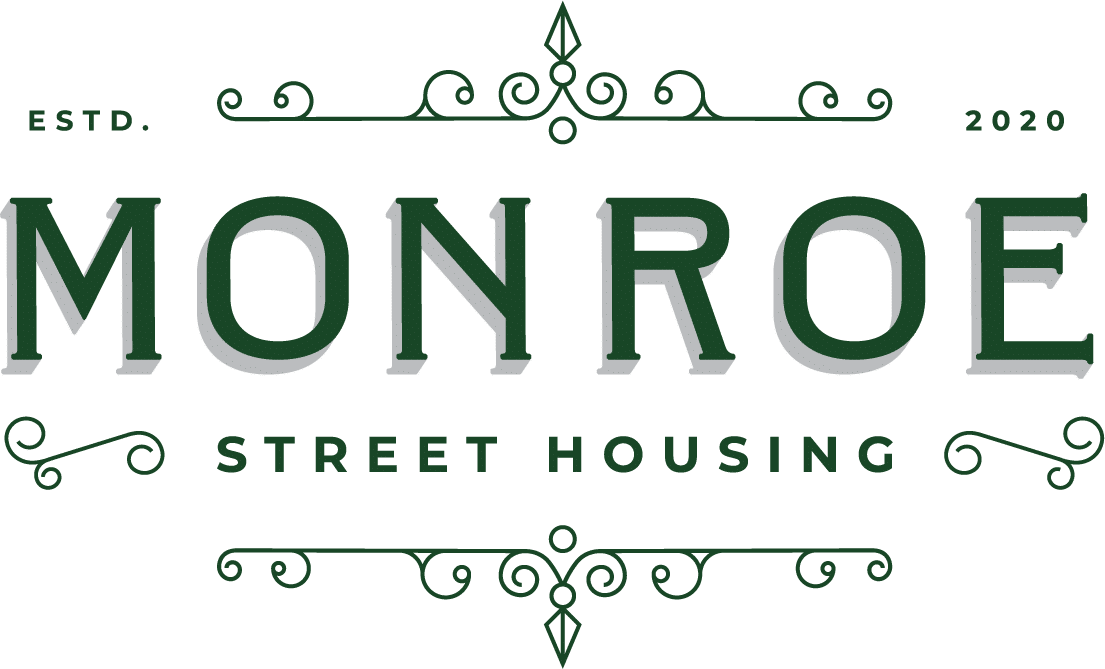The abuse of prescription drugs is a growing problem in the U.S. Abuse occurs when an individual takes a medication in a way that wasn’t prescribed or without a prescription at all. This can result in serious health issues, addiction (Substance Use Disorder), and even death.
Examples of prescription drug misuse include:
- Taking medication that was prescribed for someone else
- Taking a larger dose than you were prescribed
- Taking the medication in a different way than you were prescribed. This could include crushing tablets and snorting or injecting them.
- Using the medication for a different purpose, such as getting high.
It’s important to be aware of the signs of prescription drug abuse because early interference can make a substantial difference in someone’s life.
Physical Signs of Prescription Drug Abuse
The physical signs to watch for include:
- Changes in sleep patterns, such as insomnia or excessive sleepiness
- Appetite and weight changes
- Constricted or dilated pupils
- Slurred speech
- Loss of coordination
- Unaccounted for accidents and injuries
- Frequent visits to a physician for refills
- Withdrawal symptoms when not using the medication
Behavioral and Psychological Symptoms
Behavioral and psychological signs include:
- Mood swings
- Aggression
- Irritability
- Anxiety
- Depression
- Social isolation
- Ignoring responsibilities and obligations at home, work, or school
- Loss of interest in activities or hobbies
- Behaving secretively
- Financial and legal problems
- Doctor shopping (going to multiple doctors for prescriptions)
- Relationship difficulties
- Taking part in risky behaviors
Understanding Prescription Drug Abuse
People abuse prescription medications for many reasons. The most common are:
- Pain relief–Many people misuse prescription opioids to cope with chronic pain.
- Emotional distress–Prescription medications are abused to self-medicate depression, anxiety, or other mental health issues.
- Recreational–Some people misuse prescription drugs recreationally to experience euphoria, energize, or other side effects.
Opioids are medications that reduce the intensity of pain-signal perception. Opioids also affect the brain areas that control emotion. This further diminishes the effects of pain. In addition to pain relief, opioids activate reward areas in the brain, causing the euphoria, or high, that drives the potential for misuse and substance use disorder. Prescription opioids include:
- hydrocodone products
- Oxycodone
- Morphine
- codeine
CNS depressants act on the brain by inhibiting brain activity. This causes a drowsy or calming effect that helps people suffering from anxiety and sleep disorders. CNS depressants include tranquilizers, sedatives, and hypnotics–all substances that slow brain activity. This category includes:
- Benzodiazepines such as clonazepam, diazepam, and alprazolam.
- Sleep medications such as zolpidem, eszopiclone, and zaleplon.
- Barbiturates such as phenobarbital, mephobarbital, and pentobarbital sodium
Stimulants increase attention, alertness, and energy. They also raise blood pressure, heart rate, and respiration. Stimulants have been used to treat asthma, other respiratory issues, obesity, and other brain disorders. Now, stimulants are prescribed to treat attention-deficit hyperactivity disorder (ADHD), narcolepsy, and treatment-resistant depression. Prescription stimulants include:
- ADHD medications
- Adderall
- Dexedrine
- Concerta
- Ritalin
- Diet aids:
- Preludin
- Meridia
- Didrex
- Fastin
Social and Lifestyle Changes to Watch For
Prescription drug abuse can result in noticeable social and lifestyle changes. These changes affect relationships, employment, and general well-being. Identifying these changes is important for early interference and getting help.
Social Changes
- Withdrawal and isolation
People abusing prescription drugs may isolate themselves from family and friends.
- Damaged relationships
Drug use strains relationships with loved ones because of secrecy, dishonesty, and behavior changes.
- Loss of interest in social activities
As a person’s interest shifts to getting and using drugs, they tend to lose interest in social activities.
- Financial difficulties
The price of prescription drugs can lead to financial problems, also causing strain on relationships and affecting social activities.
- Legal problems
The abuse of prescription drugs can lead to legal problems, such as arrests for drug possession or driving under the influence.
Lifestyle Changes
- Neglecting obligations and responsibilities
Drug abuse can lead to neglecting responsibilities and obligations at work, school, and home.
- Sleep pattern changes
Taking prescription drugs can disturb sleep patterns, affecting daily functioning and leading to fatigue.
- Disruption of eating habits
Substance abuse can cause changes in appetite and eating habits, causing weight loss or gain.
- Engaging in risky behavior
Drug abuse can lead a person to take part in risky behaviors, such as driving under the influence, sharing needles, and unprotected sex.
- Decline in personal hygiene
People abusing drugs may neglect their appearance and personal hygiene.
Signs of Prescription Drug Dependence vs. Addiction
Addiction and prescription drug dependence are major public health problems. Both involve the misuse of prescription medications, but they are different conditions with different implications.
Drug dependence is usually defined as causing tolerance and withdrawal–the physical effects. Addiction has more of a mental component. In short, dependence is physical; addiction is neurological. Each is independent of the other.
Dependence happens when your body adjusts to the regular presence of the drug.
- Tolerance–needing higher doses to achieve the original effect
- Withdrawal symptoms–Feeling physical or psychological discomfort when reducing or stopping the medication
- Being unable to quit–Trying over and over to quit but failing to do so
- Continuing use despite negative consequences
Addiction is a chronic, relapsing disease that features compulsive drug seeking and use despite its harmful consequences. Addiction involves changes in the reward system of the brain. This leads to the loss of control over the drug use.
- Tolerance–needing more of the drug to get the original effect
- Taking larger amounts or for longer periods of time
- Loss of control–Being unable to stop or control the amount used
- Cravings–Extreme urges to use the medication
- Neglecting responsibilities–Neglecting to fulfill work, family, or school obligations because of drug use
- Engaging in risky behavior–Taking part in dangerous activities such as driving under the influence or stealing to use or obtain the medication
- Interpersonal and social difficulties–Experiencing relationship problems or social isolation because of drug use

The Dangers of Misusing Prescription Medications
Addiction–Misusing prescription medications may lead to addiction, a chronic disease that can be difficult to treat.
Overdose–Taking high doses of a prescription medication can lead to an overdose.
Other health issues–Misusing prescription medications can lead to health complications such as kidney and liver damage and heart problems.
Death–Prescription medication misuse can lead to death by overdose or other fatal health complications.
Risk Factors for Prescription Drug Abuse
There are several factors that can increase your risk of developing addiction or dependence on prescription drugs, including:
- Family history of addiction
People with a family history of substance abuse may be more likely to abuse prescription drugs.
- Mental health problems
Co-occurring mental health problems, such as depression or anxiety, increase the risk of prescription drug abuse.
- Past or present addictions
Individuals who have a history of addictions to other substances (including tobacco and alcohol) are at a higher risk of abusing prescription medications.
- Certain personality traits
Personality traits such as impulsivity, nonconformity, sensation seeking, and anxiety have a higher risk for drug abuse.
- Using high doses or prolonged use of the medication
- Easy access
Having easy access to prescription medications also increases the risk of abuse.
- Lack of knowledge about prescription drugs and their potential for addiction.
Steps to Take if You Suspect Prescription Drug Abuse
If someone you care about is showing signs of prescription drug abuse, it’s important to approach the issue with sensitivity and care. Here are some steps to take:
- Collect Information
Observe and document any changes in behavior, appearance, or mood that might point to drug use and research the type of drug being abused. Research help and support resources. - Talk
Find a private setting where you can have an honest conversation. Share what you have observed and focus on your concerns without judging or blaming them. Allow them to express their viewpoint without interrupting. Offer ongoing support. - Encourage Professional Help
Encourage them to see a doctor, counselor, or therapist to address underlying issues. Help them research treatment options. - Get Support for Yourself
Share your feelings with a trusted family member or friend or join a support group. Be sure to prioritize your own well-being. - Be Patient
Understand that overcoming addiction is a process that may include some setbacks. - In Case of Emergency
If you suspect an overdose or other emergency, call 911. Administer naloxone, if available, to reverse an opioid overdose. Stay with them until help arrives.
Treatment Options for Prescription Drug Addiction
There are many treatment options available and may vary depending on the type of drug addiction. In general, these are the most effective options.
This is typically the first step in addiction treatment. Detoxification helps you rid your body of the substance and safely manage withdrawal symptoms.
Medication-assisted treatment helps manage withdrawal symptoms and reduce cravings. This is a proven way to reduce the likelihood of relapse.
Behavioral therapies help people recognize and change their dysfunctional thoughts and behaviors that contribute to addiction.
A residential treatment program provides 24-hour care without the triggers of the outside world to distract them. It’s the highest level of care.
Outpatient programs allow people to live at home while attending treatment sessions at a facility.
Sober living homes provide stable, supportive housing for people who don’t have a safe, drug-free place to return to. This provides an opportunity to practice sober living with the support of peers in the same situation. SLHs can be an important stage on the continuum of recovery.
Preventing Prescription Drug Misuse and Addiction
If you’ve been prescribed a medication, talk to your doctor about the medication’s benefits and risks and what to do in case of side effects. Be sure to take it only as prescribed. Don’t ever take more or less than prescribed, and don’t take it for longer than prescribed.
Keep your prescription medication in a secure place where children and other people can’t get it. When you’ve finished your medication, dispose of it properly, not by throwing it in the trash or flushing it down the toilet. Ask your doctor about the best way to dispose of it.

Seeking Help for Prescription Drug Abuse
If you or someone you care about is misusing prescription medication, you can help them find professional help at a drug rehab. When formal treatment programs end, you can find the support and accountability you need to maintain abstinence at Monroe Street Housing, located in Kokomo, Indiana.
In our housing, we provide all our residents with support groups and assistance with their aftercare planning. As a spirit-based facility, we use many of the same principles as the 12-step support groups, such as practicing gratitude, looking within yourself, and answering to a higher power.
Our house managers are available to you 24 hours a day to help you manage cravings, find a job, or help you with any issues regarding your transition. You can contact us anytime or even schedule a visit. You, or your loved one, are not a lost cause. Addiction is a treatable disease, and with the right support, you can recover and live the fulfilling life you want.








